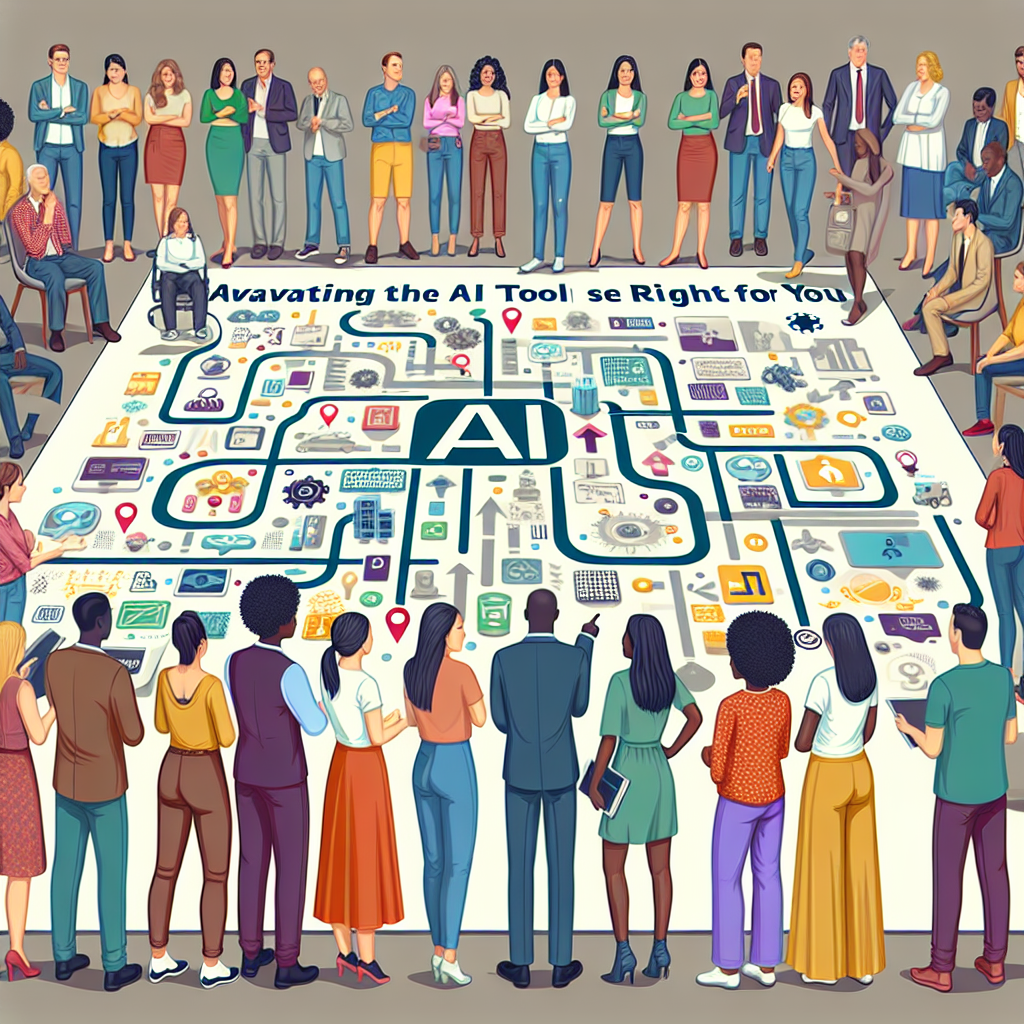The rapid development of Artificial Intelligence (AI) has revolutionized the way we conduct business, develop projects, and interact with technology. However, the sheer volume of tools available can be overwhelming. This article aims to provide clarity by exploring various AI tools and their applications. Whether you are an entrepreneur seeking efficiency, a marketer looking to enhance campaigns, or a small business owner wanting to streamline operations, this guide will help you navigate the AI landscape effectively.
Understanding AI: A Brief Overview
Artificial Intelligence refers to the simulation of human intelligence in machines programmed to think and learn like humans. AI can be categorized into two primary forms: Narrow AI and General AI. Narrow AI deals with specific tasks, such as image recognition and language processing, while General AI encompasses a more flexible understanding, much like human cognitive abilities.
The Importance of AI Tools
AI tools facilitate sophisticated data analysis, automate repetitive tasks, and enhance decision-making, which can significantly boost productivity. According to a report by McKinsey, the adoption of AI could add $13 trillion to global economic output by 2030. For entrepreneurs and small business owners, leveraging these tools can be the key to staying competitive.
Key Categories of AI Tools
Before we delve into specific tools, it’s helpful to categorize the available options. Here are some main categories of AI tools:
1. Data Analysis Tools
These tools allow users to analyze large volumes of data efficiently. They can identify trends and provide actionable insights.
Popular Tools:
- Tableau: This powerful data visualization software allows users to create stunning visualizations from complex data sets.
- Google Analytics: While not exclusively an AI tool, Google Analytics incorporates machine learning features to predict user behavior.
2. Natural Language Processing (NLP) Tools
NLP tools help machines understand and interpret human language. They are widely used in customer service and content creation.
Popular Tools:
- OpenAI’s GPT: This AI model can analyze and generate human-like text, making it ideal for content marketing and customer communication.
- Dialogflow: This is a Google-owned tool that enables developers to create conversational interfaces like chatbots.
3. Machine Learning Platforms
These platforms help organizations build and deploy machine learning models without needing extensive programming knowledge.
Popular Tools:
- TensorFlow: Developed by Google, TensorFlow is an end-to-end open-source platform for machine learning.
- Microsoft Azure Machine Learning: This cloud service offers a range of tools for building machine learning models efficiently.
4. AI-driven Marketing Tools
These tools can automate marketing tasks and provide insights to optimize campaigns.
Popular Tools:
- HubSpot: This comprehensive marketing platform uses AI to streamline email marketing, social media posting, and customer relationship management.
- Hootsuite Insights: Powered by AI, this tool can analyze social media traffic to improve marketing strategy.
Identifying the Right AI Tools for Your Needs
To select the appropriate AI tools for your business, consider the following factors:
1. Define Your Goals
Understanding what you aim to achieve with AI is crucial. Do you want to enhance customer service, improve data analysis, or automate marketing? Defining clear objectives will help you narrow down your options.
2. Evaluate Your Resources
Consider the size of your team and your budget. Some tools may require a steep learning curve or a significant financial investment.
3. Scalability
Choose tools that can grow with your business. Look for solutions that offer different tiers of service to accommodate your future needs.
The Future of AI Tools
AI technology is continuously evolving, with new tools emerging regularly. According to a report by Gartner, 69% of business executives believe AI will be a significant factor in their future success. Staying updated on the latest trends will enable you to leverage these tools for maximum benefit.
Emerging Trends
- Edge AI: Processing data closer to where it is generated, reducing latency and bandwidth use.
- Explainable AI: Enhancing transparency in AI decision-making processes, which is especially important in sensitive sectors like healthcare.
Conclusion
Navigating the AI landscape may seem daunting, but understanding the categories and applications of various tools can simplify the process. By identifying your goals, evaluating your resources, and keeping an eye on future trends, you can make informed decisions that will benefit your business.
For further insights on how AI can transform your business operations, visit AI Transformations in Business.
By effectively utilizing AI tools, you can not only improve efficiency but also drive innovation, ensuring your place in the competitive market landscape.
External Links:
Internal Links:
This article provides a comprehensive overview designed to assist you in making informed decisions in the ever-evolving AI landscape. Embrace the change, and let AI tools become your allies in achieving business success.
